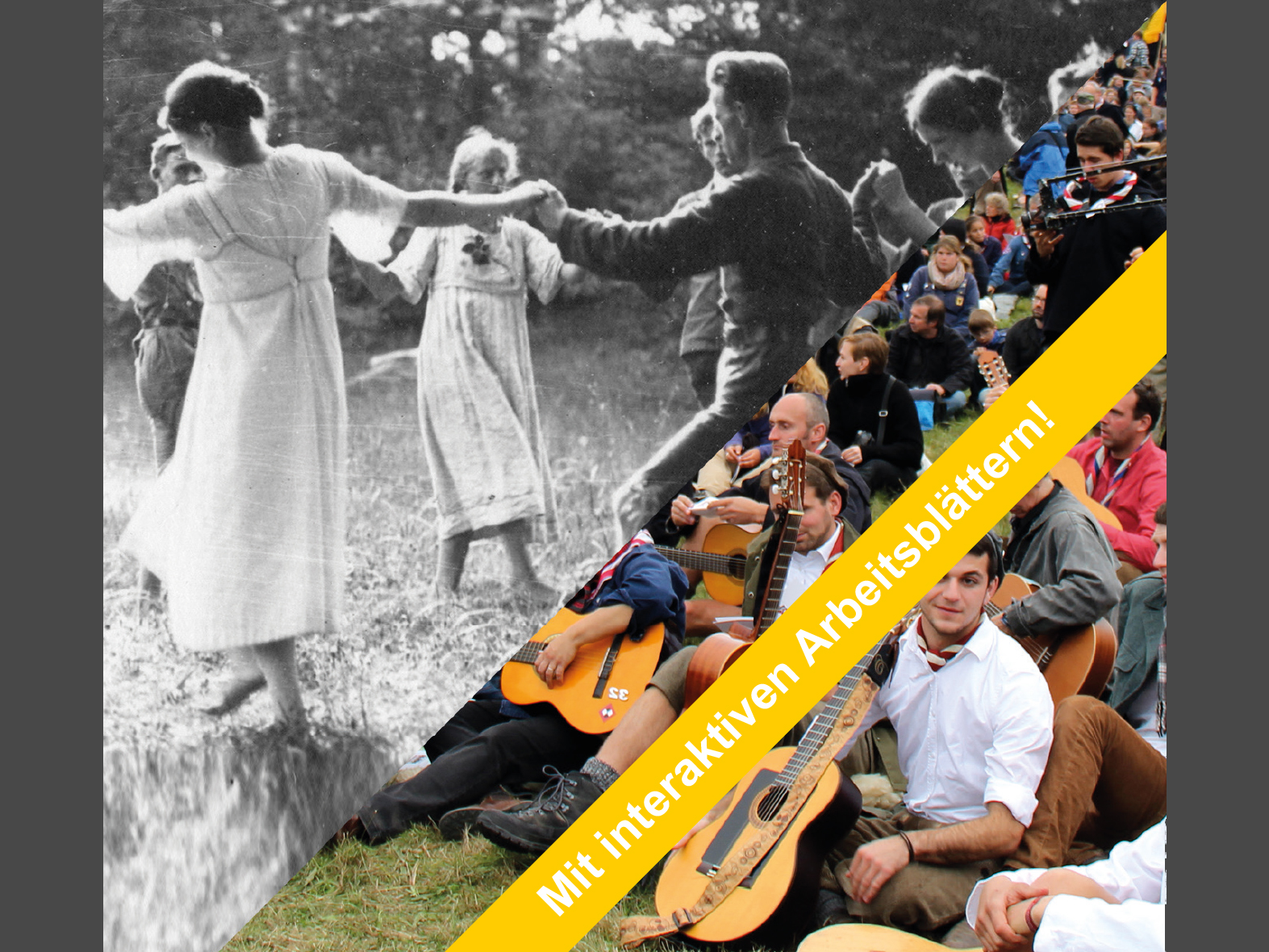 History
History


4664204 / 5553648
First World War
A European Catastrophe
First World War – A European Catastrophe Even though countless armed conflicts had shaken mankind in the course of its history, it was the First World War that surpassed with its 17 million casualties and immense damage anything that had ever been experienced before. DVD 1 tries to investigate the question where to find the causes for the First World War. Starting with the foundation of the German Reich and its foreign policy, the alliance systems are explained. Also the importance of the colonies as raw materials and sales markets are shown. Germany was the economic powerhouse in Europe thus shaking its balance of power. What were the aims of the individual Great Powers? What were the chances when the war broke out in 1914 in view of the balance of power among the alliances? DVD 2 shows the fronts, meanwhile hardened, between the Central Powers and the Allies from 1915-1918. It becomes clearly visible what horrors modern warfare entailed and how radically the role of the individual soldier on the battlefield changed. Together with the extensive additional material the DVD is ideally suited for use in the classroom.
Play trailer

Curriculum-centred and oriented towards educational standards
Matching
Inclusion
Madita is eleven and blind. She does not want to go to a special school but to a regular grammar school. She says she feels "normal" there. Jonathan is eight and has a walking disability. He likes going to the school where he lives. Here, his best friend sits next to him. Max Dimpflmeier, a teacher who is severely deaf, explains that school life is not easy. Quote Max Dimpflmeier: "You don't want to attract attention, you want to avoid saying that it is necessary for you that 70 people adjust to your situation." People on their way to inclusion.
Seal of approval
Quality seals such as the "Bio-Siegel", "Blauer Engel", "Stiftung Warentest" and up to 1,000 other seals represent characteristics such as sustainability, health or safety with regard to a product, a service or even a company.
Youth Movement
Dancing until your feet hurt: Here, at the meeting on the Hoher Meissner near Kassel, 3,500 participants from Boy Scout associations, youth and Wandervogel groups from all over the German-speaking region have gathered. They want to celebrate, simply get to know each other and commemorate a historic anniversary.









